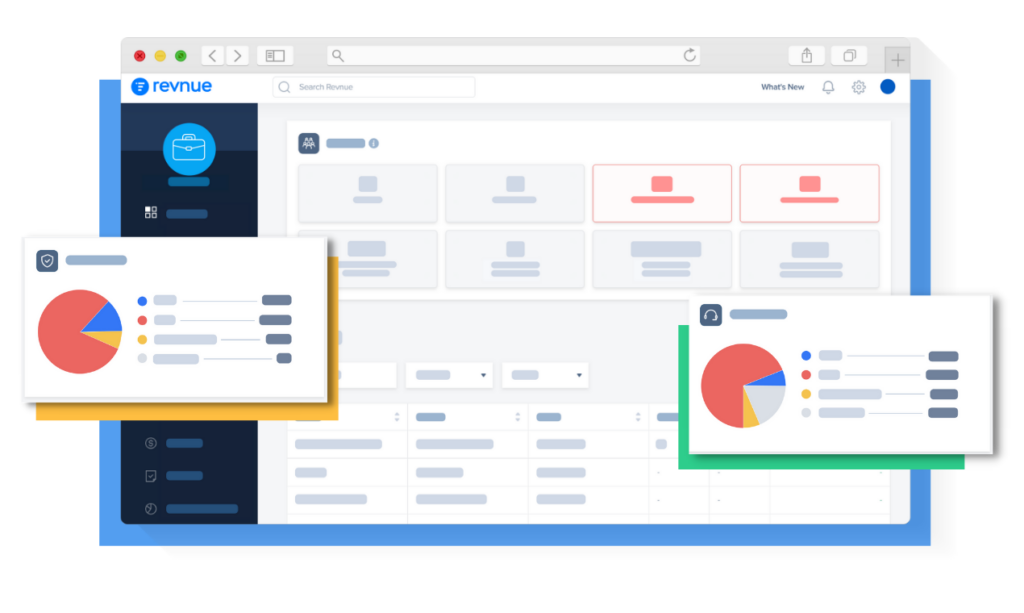World Commerce and Contracting (WCC) did an interesting study recently, analyzing the world’s GDP from 2019. If you look at the world’s GDP of $87.5 trillion in 2019, it is hard to see how this whopping figure should not be impressive. However, the WCC asserts that the GDP that year would have likely crossed $90 trillion had it not been for poor contract management.
To help you get a wider perspective, here’s a table compiled in 2017 by IACCM:

That means if the average transaction cost of the top performers is reduced, this factor alone may help in reducing the world’s losses by at least $3 billion per million impacted transactions. [Source: IACCM Journal]
The cost of creating a contract alone is expensive to most companies. Add inefficient contract management and mishandling to the mix, and companies lose a major portion of their annual profits. The sad part is much of such costs are easily avoidable just by employing the right contract management tools and processes.
- Average cost of poor contracting is 9.2% of a company’s annual income
- Average cost of poor contracting is 15% for large capital projects
- 65% of major projects fail or under-perform, averaging an overrun cost of 80%
[Source]
How does contract management go wrong?
PWC states that contract managers are often given what is called “commercial levers” to ensure that contracts give out the best value possible for their employers. But, it asserts that there are two major reasons why managers do not exercise their levers –
- Contract value may come at the cost of damaging the relationship with the supplier
- Possible delay to the project schedule
However, in the long run, there is little evidence as to how asserting contract terms has damaged relationships or delayed projects. What does this mean? This means contract management goes wrong when assumptions are believed without cross-examining the facts.
Here’s how contract management goes wrong:
1. When companies cannot locate contracts
The whole point of investing in drawing up a detailed contract is the prospect of future reference in case of discrepancy. A decade ago, when digital contract management tools were not so easily available, 70% of companies could not locate 10% of their contracts. Sadly, this is still true for a large number of companies around the world.
2. When contract management is seen as an expense, not an investment
Even if almost all your contracts are digital in nature, it does not help unless they are managed efficiently enough to pay off. Despite digital tools, most businesses see contract management processes or tools as expenses instead of investments. They are not aware of the features that allow such software to create reports, periodical analyses, and generate intelligent insights.
The Cost of Poor Contract Management
1. Loss of Contract Term
When contracts are not managed properly, each party loses track of the contract term. Checking renewal dates is not on the to-do list of most companies on a daily basis. When contracts are not managed by an intelligent contract management software, businesses may entirely lose contract terms and may face the following losses:
- Failure to evaluate performance during the contract period
- Analysis of results
- Lack of any insights needed for amendments in contracts
- Overlooking expired contracts
- Cost of missed opportunity
2. Loss of profits
As WCC stated in its report earlier, poor contract management has continued to cost companies 9% of their bottom line. That is because when contracts are not renewed on time or not located for reference, they result in a violation of contract terms. In the case of suppliers, it may mean not honoring delivery deadlines resulting in losses for the producers who hired them. Considerable costs are incurred when penalties or fines are imposed when contract terms are not honored.
3. Impact on future business
Bad contracts affect business in the future considerably. Failure to measure performance and results leads to renewing old contract terms that had proven to be less profitable. When companies do not deploy intelligent contract management systems, they are rarely able to get insights and analytics about old contracts. This may cost businesses any future possibility of more work or contracts.
4. Failure of compliance
Laws and terms change from time to time in a given jurisdiction. This makes revisiting contracts on a periodic basis mandatory. When these revisits and re-evaluations are neglected, businesses may end up committing legal errors. Sometimes this may cost companies dearly because non-compliance may result in lawsuits, criminal investigations, or dismissal of licenses.
5. Cost escalation
This happens particularly in large capital-intensive projects related to construction or real estate. When contracts are not monitored, managed, and supervised, the costs of large projects invariably escalate.
What do companies with good contract management gain?
According to a report by WCC, good contract management results in the following gains:
1. Speed
When contracts are managed well, companies experience an 80% reduction in contract cycle time from the bidding stage to the signed agreement.

eSignature: Send contracts for review and signature, file them in a smart repository, and extract contract metadata to make data-driven decisions.
2. Value
Business experience 8% reduction in the value erosion of an average contract. This happens when cycle times are monitored, and all the contracts in the system are renewed after performance measurement and analysis.
3. Foreseeing risk
An AI-based contract management software assists companies in foreseeing risks through data flows and advanced analytics. This comes due to negotiated benefits when risks are managed, and financial losses are foreseen.

Advanced Reporting & Business Intelligence – Create custom reports and dashboards that enable access to important terms, conditions, business spend, revenue, and more.
4. Increased profitability
When you can reduce the costs of contract cycles, penalties, and fines, profit bottom lines are bound to increase.

Financial Reports: Get access to our growing spend and revenue management reports, or leverage our managed services for custom reports, delivered when you need it.
The tide is turning
The above report paints a promising picture when it comes to the adoption of technology-based contract management systems. Poor contract management is a reality that many sectors have faced over the course of the last few decades, and new businesses wish to learn from past mistakes.
On the one hand, larger organizations, i.e., those with annual revenue of more than $ 5 billion, are now more keen than ever to improve their contract cycle management capabilities. On the other, medium and small-size businesses have discovered the benefits of early management of contracts through technology platforms. The engineering and construction sector has shown the most growth (73%) in deploying powerful contract management systems, followed by transport/logistics (69%), services/outsourcing (63%), and technology/software (63%) sectors.
Revnue brings a unified AI-based contract management platform that combines the benefits of several tools and provides a unique system that becomes a single source of truth for your teams. Such an approach to contract management helps you stay ahead of the curve through efficient performance measurement, automated renewal systems, and intelligent analytics.








